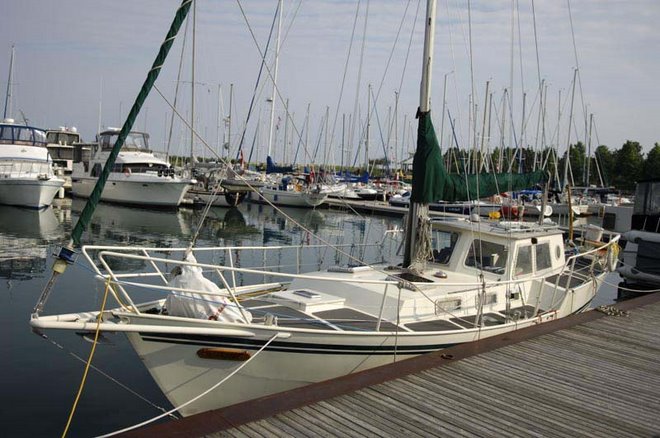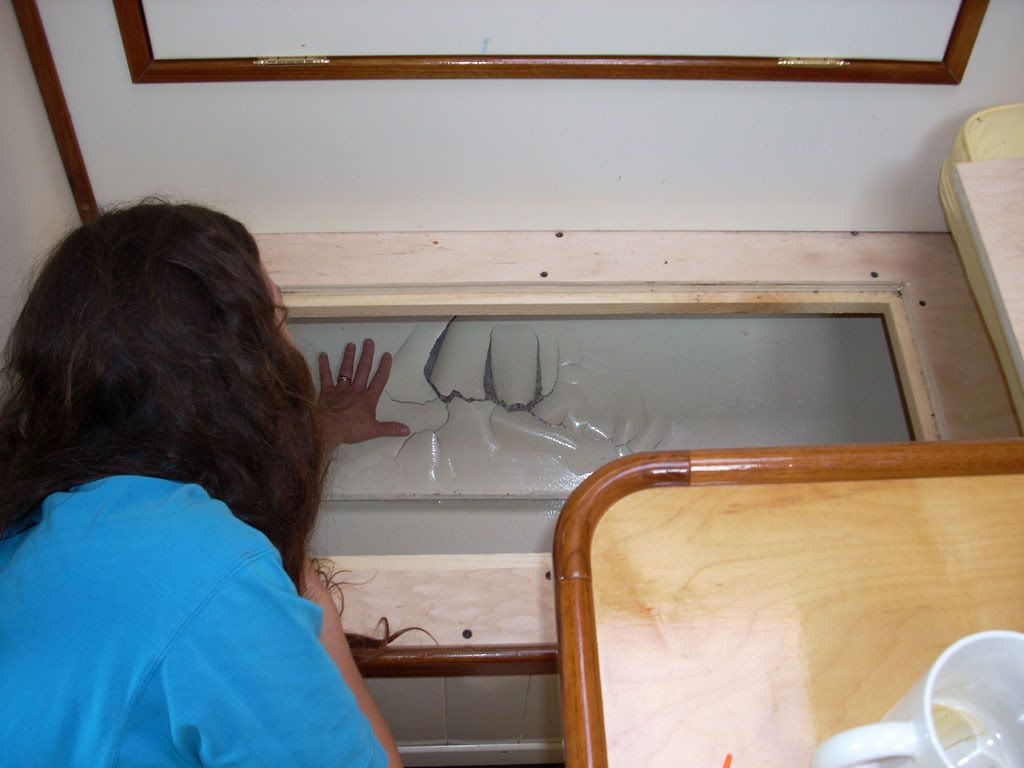
If you are planning long-term cruising, however, having Joe Boat Mechanic on speed dial isn't feasible unless you're bringing him and 400 kilos of tools and spares along. If you don't know how to do basic maintenance, you're going to have a very expensive, and a possibly shortened and even a dangerous cruise.
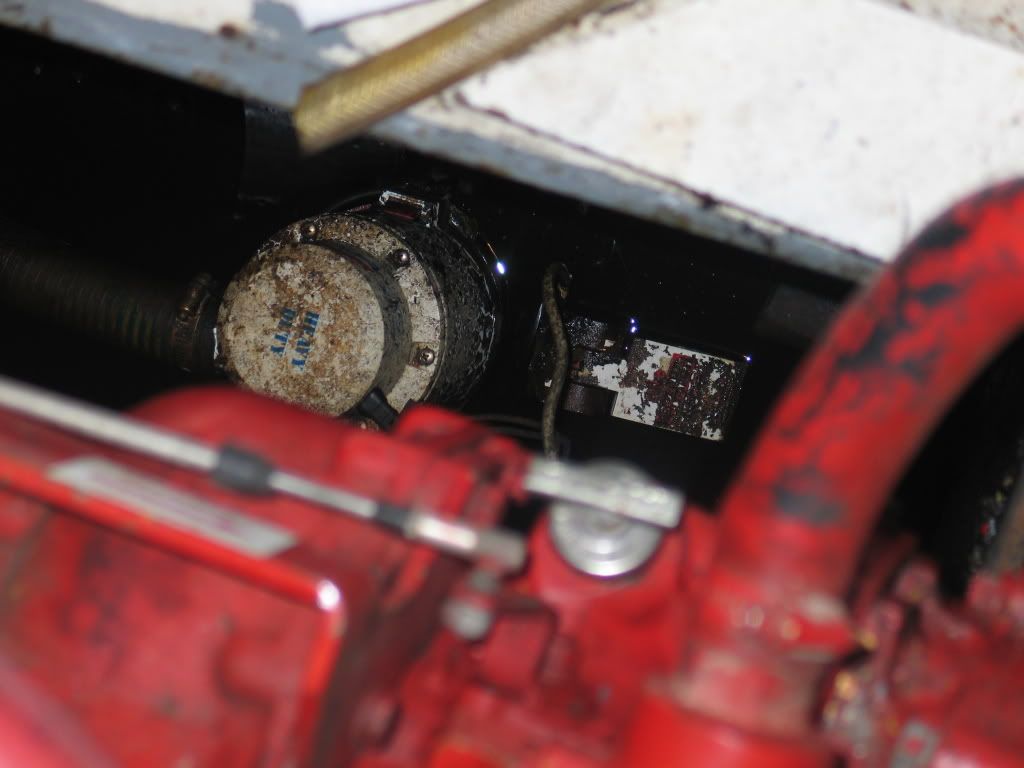
I didn't grow up around boats, as my father stopped being a professional sailor (12 years in the British Merchant Navy) seven years before I was born, and we didn't own a boat. I went from utterly inexperienced boat crew to 33 footer owner between the end of May and the end of August, 1999. I promptly wrecked my Atomic 4 gas inboard engine by forgetting to open the seacock for cooling water, and so had to replace the engine. That involved a rebuild. A busted waterlift muffler convinced me I had a cracked block, so I rebuilt a SECOND Atomic 4 and put it in, as well as replacing the entire fuel and exhaust systems. While a rebuild shop handled the actual crankset replacement, I did most of the reassemblies, and had some help getting the second engine back in. I did all the fuel, exhaust, seacocks, batteries, electrical panel, instruments and plumbing stuff myself, as well as extensive glasswork (retabbing, core replacement, chip and crack repair), the installation of custom-cut backing plates, portlight replacement, and the usual sail and rigging work.
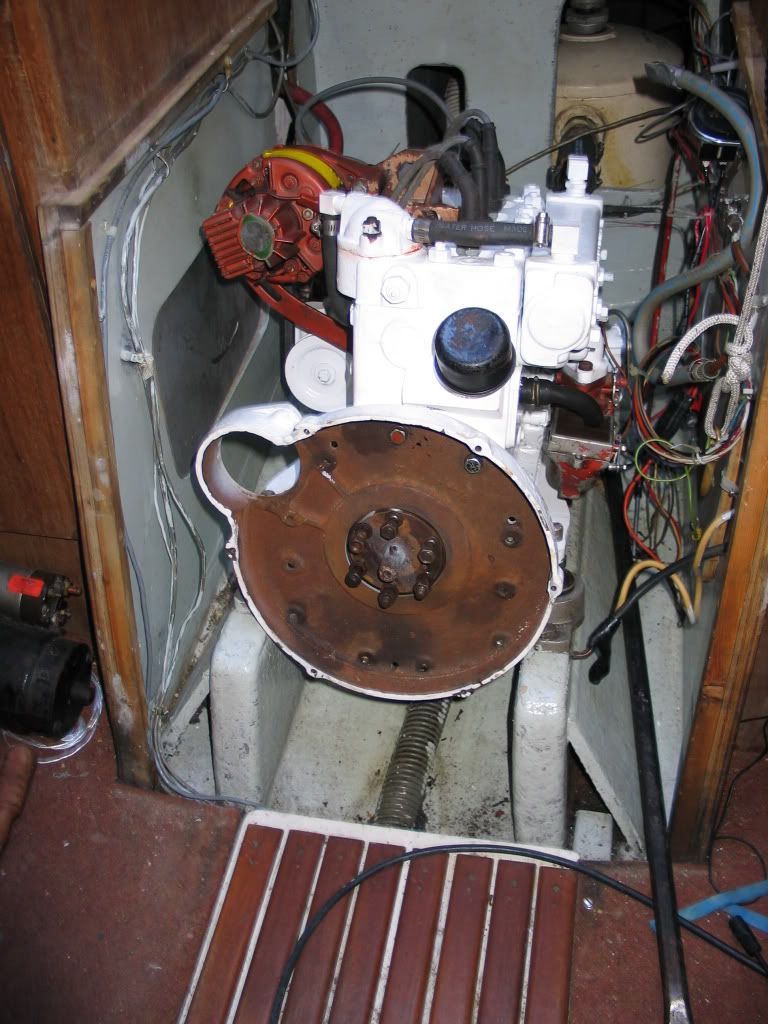
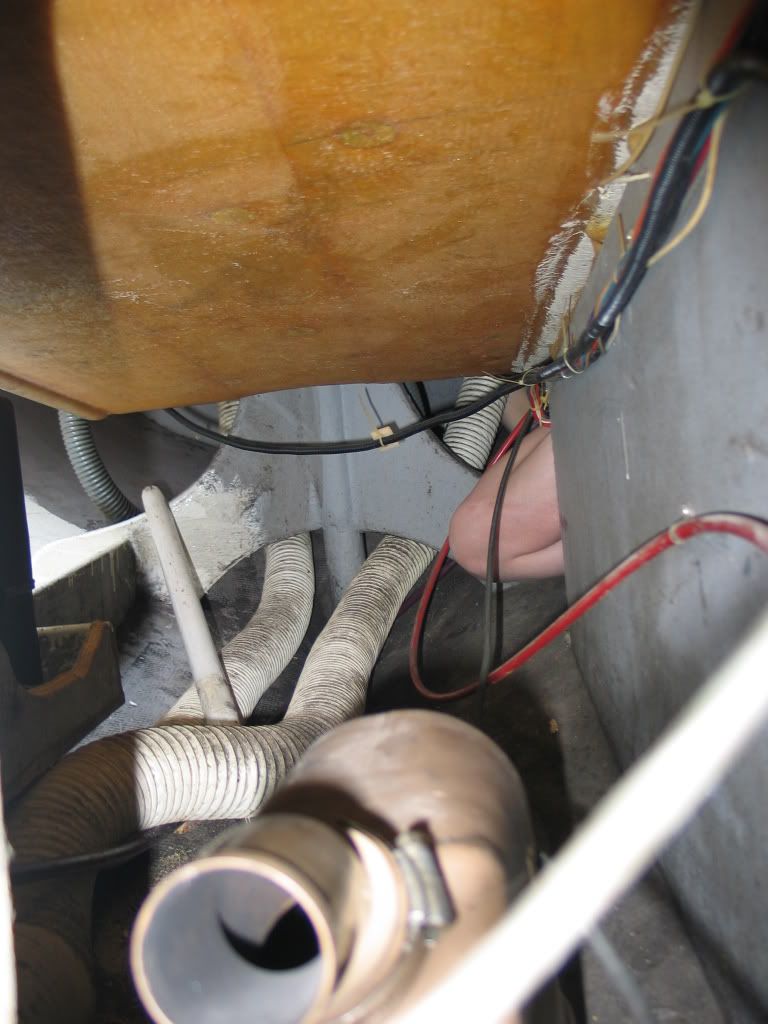
I can't fix instruments, so they've been sent out for repair (they are vintage Electromarine analog instruments, and I like them). This spring, I'll be grinding and filling a crack in the hull-keel join on my old f/g boat: I've never done this job, but I've done enough glass work to feel confident that I can do it.
All this would've been easier had I ever taken shop class or owned a motor more complex than a moped or a chainsaw, but theatre class was where the girls were, and at 14 that seemed a better idea. I have found that going from essentially total ignorance to semi-competent in my 40s, while hard at times, has been rewarding, and that going to a more complex diesel-powered motor sailer hasn't been quite the overwhelming challenge I had thought.
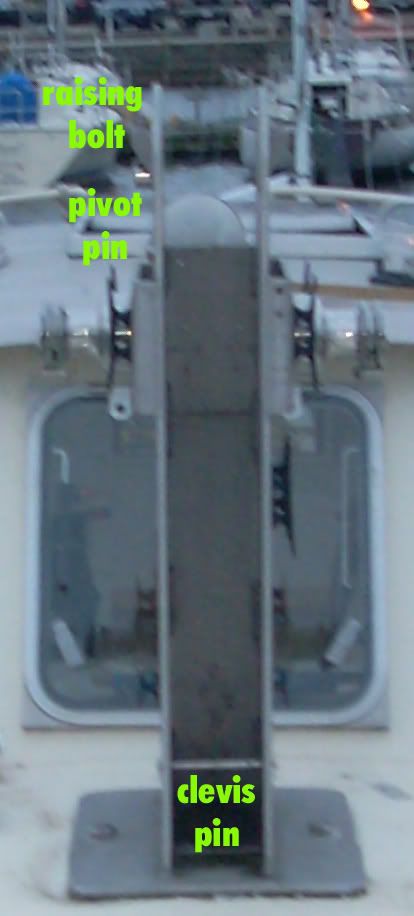
I have also discovered that other people have had the same nemeses as myself in the areas of exhaust venting, cooling and drinking water, and some electrical issues. I have also been surprised to find myself giving semi-valuable advice, because after a number of costly or embarrassing errors, you either improve or take up lawn bowling. I am sure from direct observation that my awareness of my own deficits in not having a long sailing history have made me more safety conscious on the water, and I believe I am more strict about the various rules and good habits that a lot of the "veterans" of my acquaintance. Having a young boy aboard also helps to keep habits like "PFD on deck" going, as well.
The next step that will more or less complete my maintenance ambitions is to learn basic (stick) welding to do minor repairs, and to formalize my diesel and electrical maintenance skills via courses, and to learn to dive, as I think a diving certificate and a willingness to get dirty cleaning hulls and unfouling props would not only help me keep our boat clean and functional, but might be a way to make some money for the older or less-capable cruisers who might be great cruisers, but lack the equipment or the strength to clean hulls while in anchorages.
A codicil to this paean to self-reliance is knowing what jobs to avoid, or which jobs one should parcel out to service people or installers because it would be easy to screw up. The welding together of my solar panel arch and bimini, for instance, or the welding of my new battery compartment frames, or the welding of my thrust bearing, or the construction of my new HDPE water tanks, I will leave to others. I will also have the hull blasted down to bare metal and professionally recoated with zinc, then a barrier coat, then an industrial marine paint, plus a hard tropical anti-foul. I can do those things, and do them on my Lake Ontario boat (where it doesn't matter much), but for offshore, I want the best possible job, and I can't do the best possible job...nor do I particularly want to learn. But I will spec out my preferred products, and obviously, with a steel boat, I am quite familiar with scraping, chipping, priming and topcoating little areas of concern.
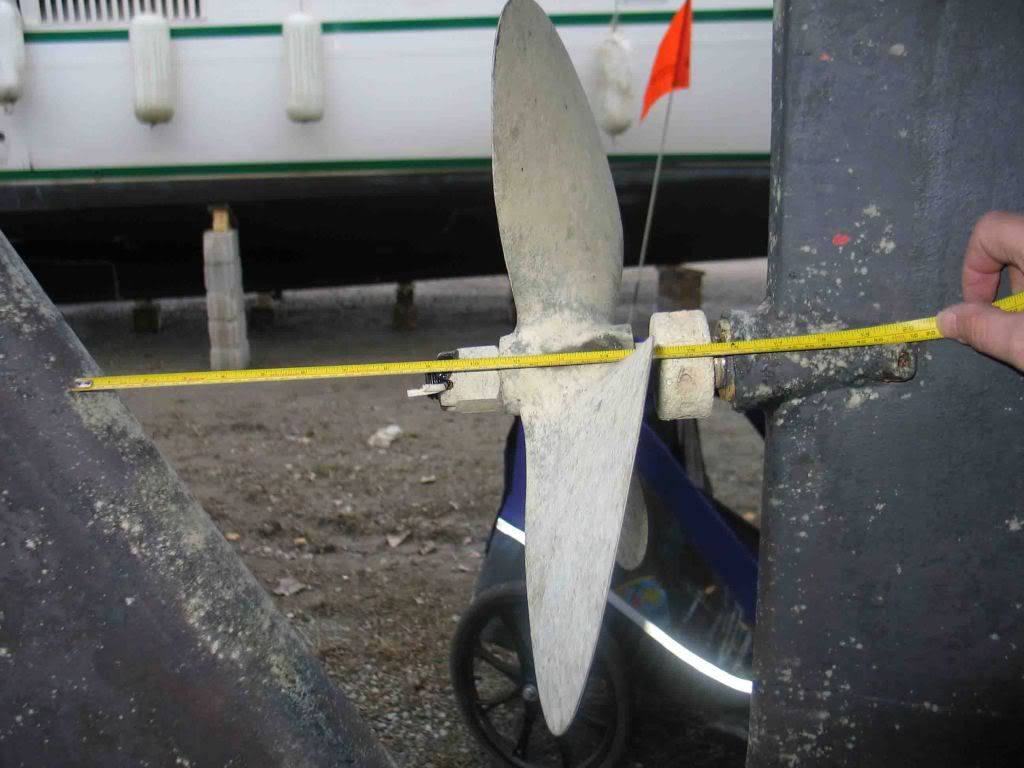
It's been an interesting ten years. Certainly, it occured to me last winter as I was servicing the circulating pump on my home's hot water radiatior system furnace that it was pulling apart a series of Oberdorfer, Sherwood and Flojet pumps and various head plumbing pieces that gave me the confidence to do a job I would've paid someone else to do when we bought the house in 1998.
So the painful part of learning previously non-existent skills has been positive, and I still possess an even number of fingers, even if I now sport some minor scarring. We get to sail.





